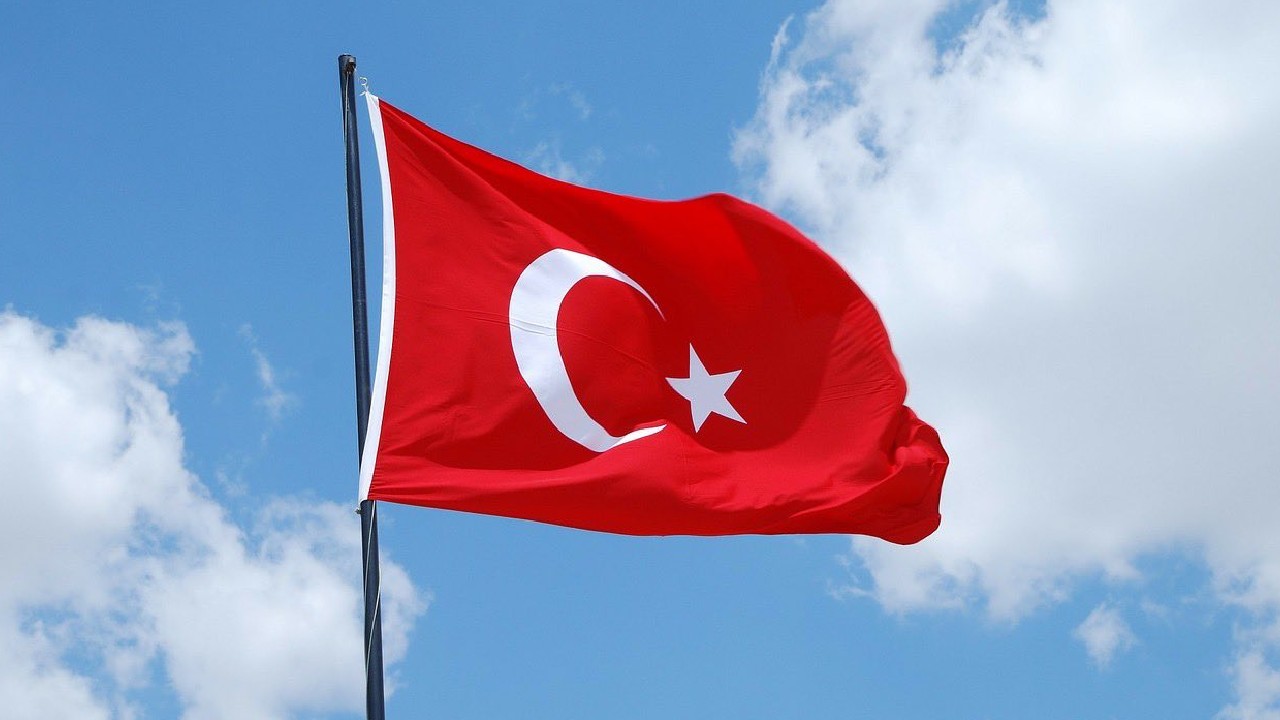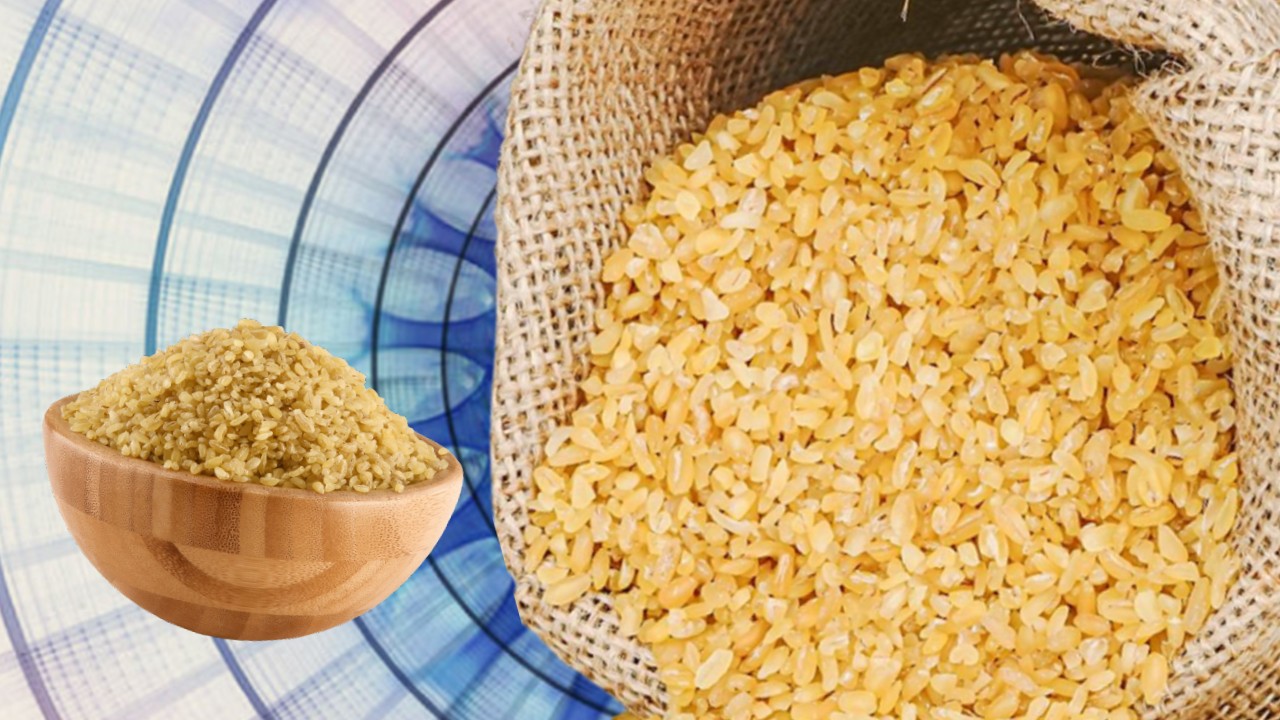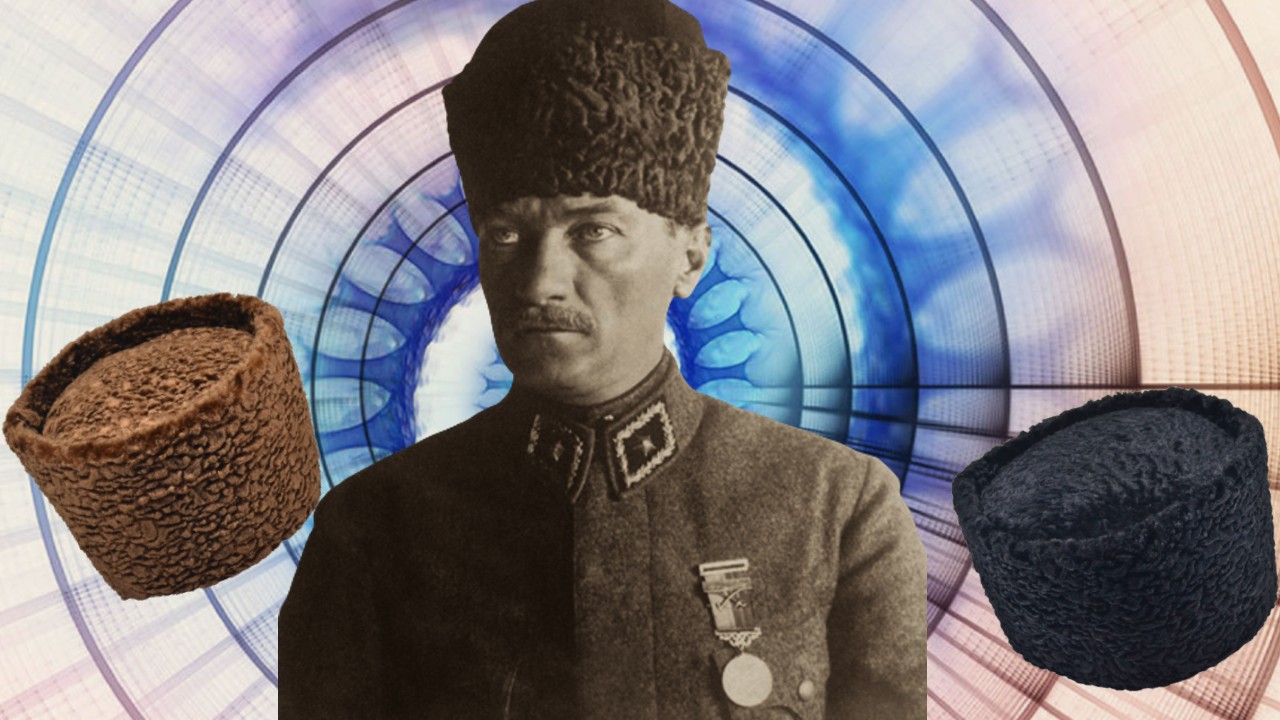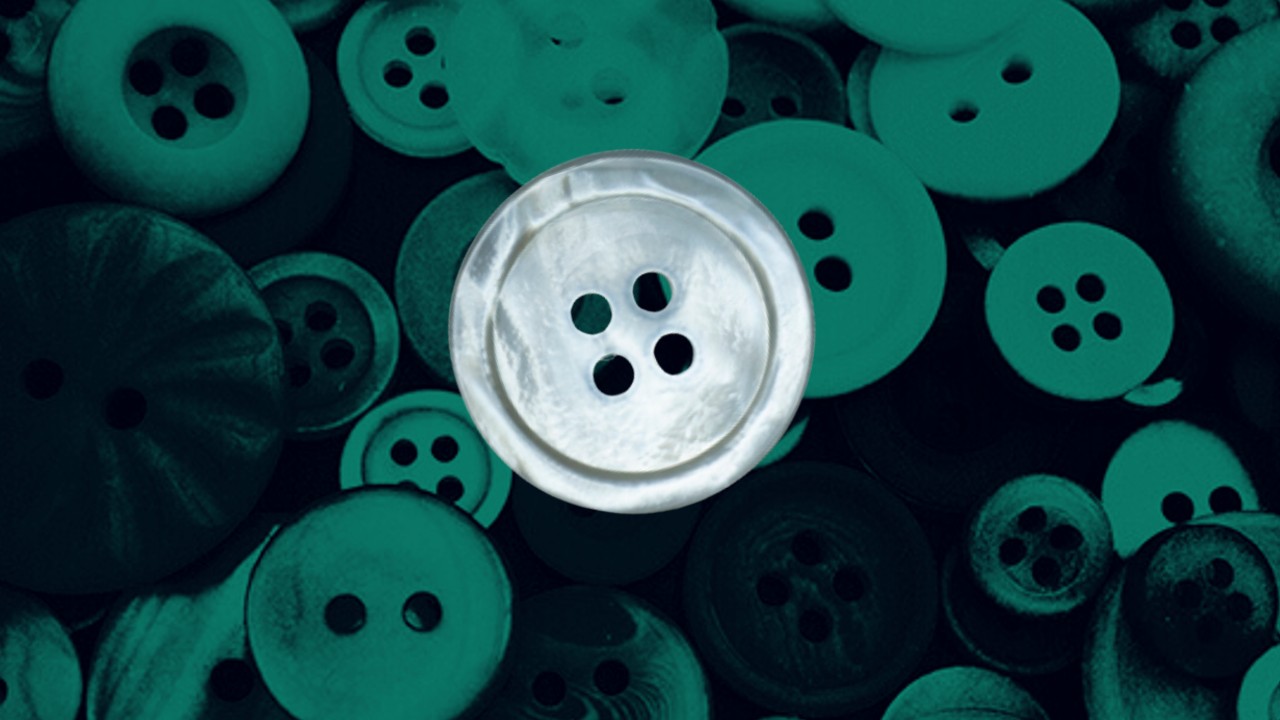When you see the names of foods such as baklava, yoghurt and kebab, which are translated from our language into foreign languages, you may think of the image of the uncle hanging a flag on the balcony. Moreover, the borrowed words that pass from our language to other languages are not just food names.
The quotations that have been passed into our language from foreign languages for years and the ones we use foreign words dull our language We talk and discuss. However, many of us have passed from our language to other languages. citation word He does not realize that the number of them is so great that it is not negligible. For example, we can say that many words were transferred to the Balkan languages in the periods when Ottoman Turkish was spoken. Of course, most words may not have survived that day.
If we think of languages as living beings, we can understand this situation more easily. As long as people interact with each other, such language interactions can happen. Especially foreign language oriented watching a series of movies We can come across everyday words such as food and drink from a lot of life. Some of these are words unique to our language. But there are also words outside of this category. Let’s take a look at some of these aliased words together.
The word boat is a word we are all familiar with.
Moreover, in Englishcaiquepassed as “.
Even though we don’t all know old irons, we are no strangers to the word iron.

This word is translated into Russian “utyugpassed as “.
The word “bed” is also very close to the original.

Serbian and Macedonian “dusek” is translated as “dyshek” in Albanian.
The word sanjak has also passed with a sound change.

into english sanjak passed in the form.
The word rice pudding is not only available to us.

You may have noticed that words such as dessert, food and drink, which are unique to our culinary culture, are mostly transferred to other languages. Rice pudding in Bosnian, Serbian and Macedonian “sutlijas” in the form of “rice pudding, milk soup, dessert made with milk“It has undergone minor changes according to the structure of the language it has passed, while maintaining its meaning.
The word paint looks different according to the structure of the languages in which it is found.
Albanian boje, Macedonian and Serbian boja passed in the form.
The word Oklava has not undergone a major change.

Albanian “oklai” It is translated as “oklagija” in Serbian.
The word quilt has also passed into several languages with minor changes.

Albanian, Macedonian and Serbian jorgan; In Bulgarian, yurgan has undergone sound changes in the form of quilt, but “stuffed cover, duvet” means.
Bulgur is a familiar word for all of us.

In fact, this word, which is very familiar to us, has many languages. “bulgur wheat” The word is Hungarian, Macedonian, German, English, Bulgarian switched to Albanian, preserving the form of bulgur. The word means “bulgur, bulgur grain”.
The word Kalpak is perhaps not a word we hear very often, but we are familiar with Atatürk’s famous pictures with Kalpak.

felt cone, headgear made of leather or fabricThe word “kalpak”, which means like a hat, has been translated into languages such as Bulgarian, Armenian and Albanian. Kalpak shaped past. Like every word, this word has been used largely in the same form, although it has undergone minor changes according to the structure of the language in which it is used.
The word button is also a word that has changed very little.

Serbian, Bosnian and Macedonian button It means “button”.
There are words that we have taken from many languages and given to many languages. Being able to follow all of them means doing a very large study. Of course, there is much more to these words; but we have compiled the most familiar words for you in this content.
- Source: Turkish Veritleri Dictionary, Prof. Dr. Gunay Karaagac
RELATED NEWS
